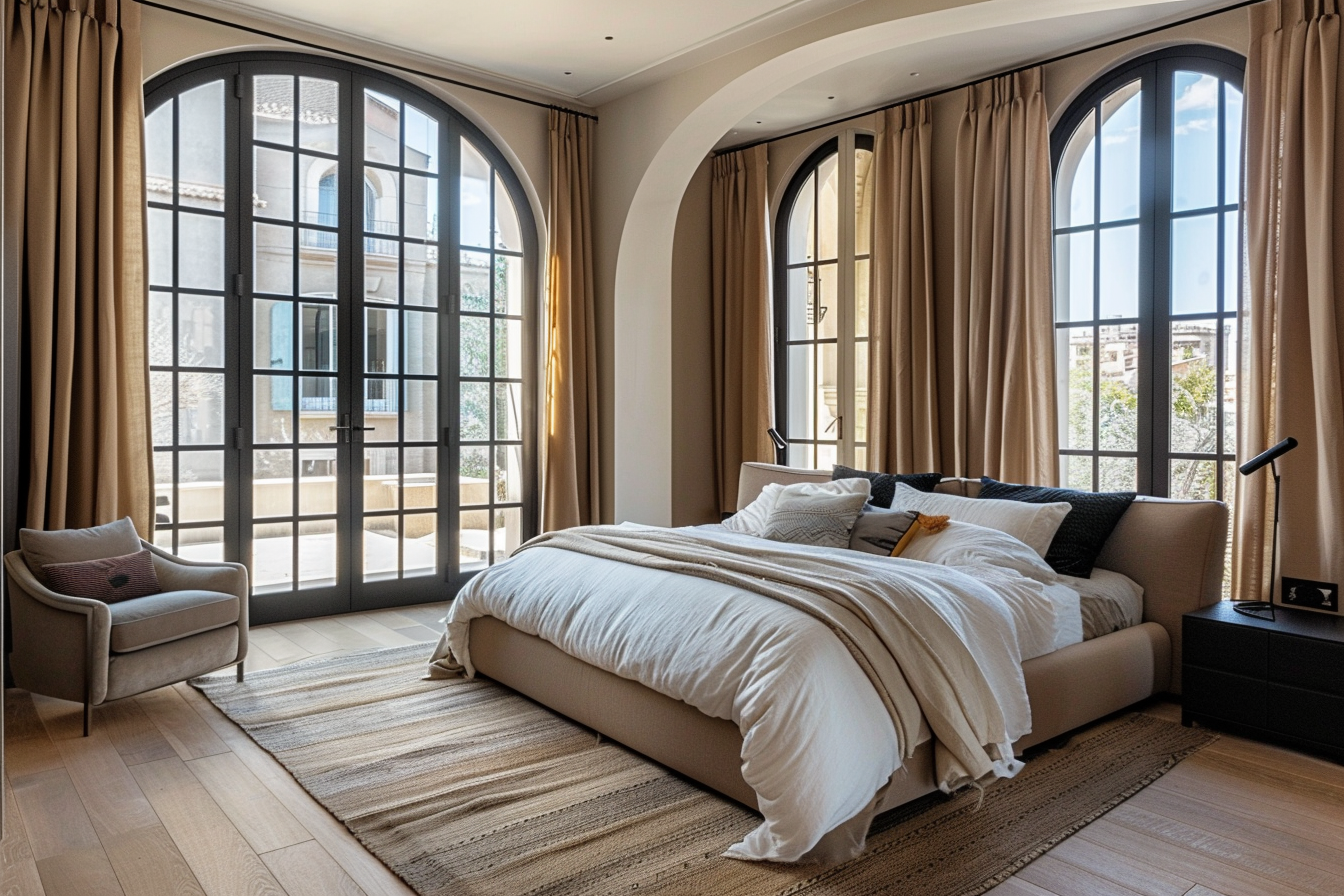If you are looking to add some fun and color to your patio, hanging outdoor curtains around your patio could just be the thing. It’s also a great way to turn a boring part of your backyard into an area where you can enjoy a relaxing evening or entertain friends. Especially during the summer. Curtains are among the most popular solutions to this problem, but they may require some special attention. So, let’s take a look at the process of choosing and hanging outdoor curtains for patio, so that you can really enjoy your backyard and make the best out of it.
Advantages of Outdoor Curtains for Patio
The patio makes a great place for many activities. You can barbecue, enjoy the outdoors and dine in the open space. However, the weather is unpredictable and it could get very hot and rainy. Also, the sun can be too much for your outdoor activities. So, it’s necessary to have outdoor curtains for your patio to make it enjoyable with year-round comfort.
Here are some of the advantages of waterproof patio curtains:
Blocking the Sun and the Rain for the Patio:
Outdoor curtains protect you and your guests from harmful UV rays and also blocks out too much heat when it gets too hot during summer days. With outdoor sun blocking curtains, your window coverings are protected from fading because they do not receive direct sunlight. The outdoor patio curtains also block out rain in case there is inclement weather during an outdoor event or activity.
Create Privacy for the Patio
If you want to enjoy the fresh air on your patio, but also want some patio privacy, the answer is patio privacy curtains. They’re especially useful in the summer, when everyone wants to go outside to enjoy the good weather. But maybe you don’t want your neighbors seeing everything that’s happening in your backyard, or maybe you have a hot tub and would like a little privacy for that.
Outdoor privacy curtains will add a more private atmosphere to your patio and also make it look more attractive. If you have an outdoor kitchen, an outdoor curtain will not only provide privacy but will keep flies out of the cooking area.
How to Hang Patio Curtains With a Rod
If you want to hang patio curtains, there are two ways to do it: with a rod or without. This guide will focus on how you can add a rod, as well as how to hang the curtain once you have the rod in place.
1. Select your materials. You will need a rod that is at least as wide as your curtain, and a drill with a “masonry” bit and extension bit. You will also need hooks that fit the rod and anchors that work with your wall material and the weight of the curtain. (Note: For this guide, we will assume that you are hanging your curtain on an outdoor patio wall.)
2. Mark where you’d like to place the outdoor curtain rod. The best way to do this is to position the curtain/canopy on its intended location, marking where you’d like to install the brackets for your hooks with a pencil.
3. Drill holes for your anchors in each bracket mark. Note: Make sure you drill so that the anchors are facing down and not up, so they can catch in your wall’s material.
4. Tap in the anchors, making sure they sit flush against the wall so that nothing juts out from behind them.
The most important step in using curtain rods to hang patio curtains is how to hang curtain rods. Safe and accurate hanging of curtain rods will make your patio curtains more solid and reliable.
How to Hang Patio Curtains Without a Rod
Hanging curtains outside can be a great way to add some privacy, shade, and style to your patio area. But what if you don’t want to mount a rod?
There are several methods for hanging curtains without drilling. Here are my favorites:
1. Attach heavy twine or rope to the top of your curtain using metal curtain grommets (or punch your own holes in the fabric). Then tie off each end of the twine or rope at either corner of the patio area—these will serve as points from which you can hang the curtains. You can also use large hooks instead of tying off the twine to give a more polished look.
2. Use outdoor eyelet hooks mounted on the wall above your patio—these will hold up even very heavy curtains. To attach the eyelet hooks to your patio curtains, use metal curtain grommets (or punch your own holes in the fabric).
3. Attach curtain rings to the tops of your curtains, then hang them on a wire stretched between two posts or poles. You can find both posts and wires designed specifically for hanging curtains, or you can rig something up yourself out of PVC piping or wooden dowels.—just make sure it’s sturdy enough to hold outdoor patio curtains.
Patio Curtain Details and Accessories

Don’t let your gorgeous outdoor curtains go without accessorizing! We’ve got all the finishing touches you need to make your outdoor curtains truly shine.
Outdoor Curtain Tie-backs add a touch of elegance to your outdoor curtains, acting as a natural way to hold them aside and let light in. Outdoor curtain tie-backs are available in a variety of styles, from simple rope tie-backs to more decorative accessories made from shell, rope and beads.
Outdoor drapes with grommets are one of the most popular methods for hanging outdoor curtains. They’re simple and easy to use, allowing you to quickly slide a curtain rod into each grommet for a fast and secure method for hanging your patio curtains. Outdoor top and bottom grommet curtains can be made from plastic or metal, depending on the style of your home and personal preference.
Weighted hems are another popular option for hanging outdoor curtains. Weighted hems allow you to drape your patio curtain over the rod without using clips or hooks, giving your curtain a more relaxed look that lends itself well to bohemian style homes. Weighted outdoor curtains also come with traditional grommets tucked into the bottom of the fabric if you want to use clips instead.
Lastly, a frequently asked question is- How long do outdoor curtains last?
This depends on your climate. We recommend taking your curtains down for the Winter or nasty weather and storing them indoors. Without the damage caused by freezing temperatures and heavy rain, TheHues outdoor curtains could last for years. They will begin to get dingy after a few years, but you will rarely have problems with them ripping or fraying.


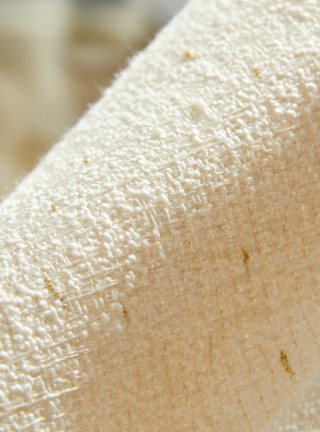
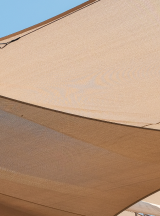
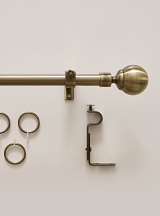

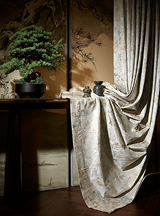







 Loyalty Plan
Loyalty Plan







